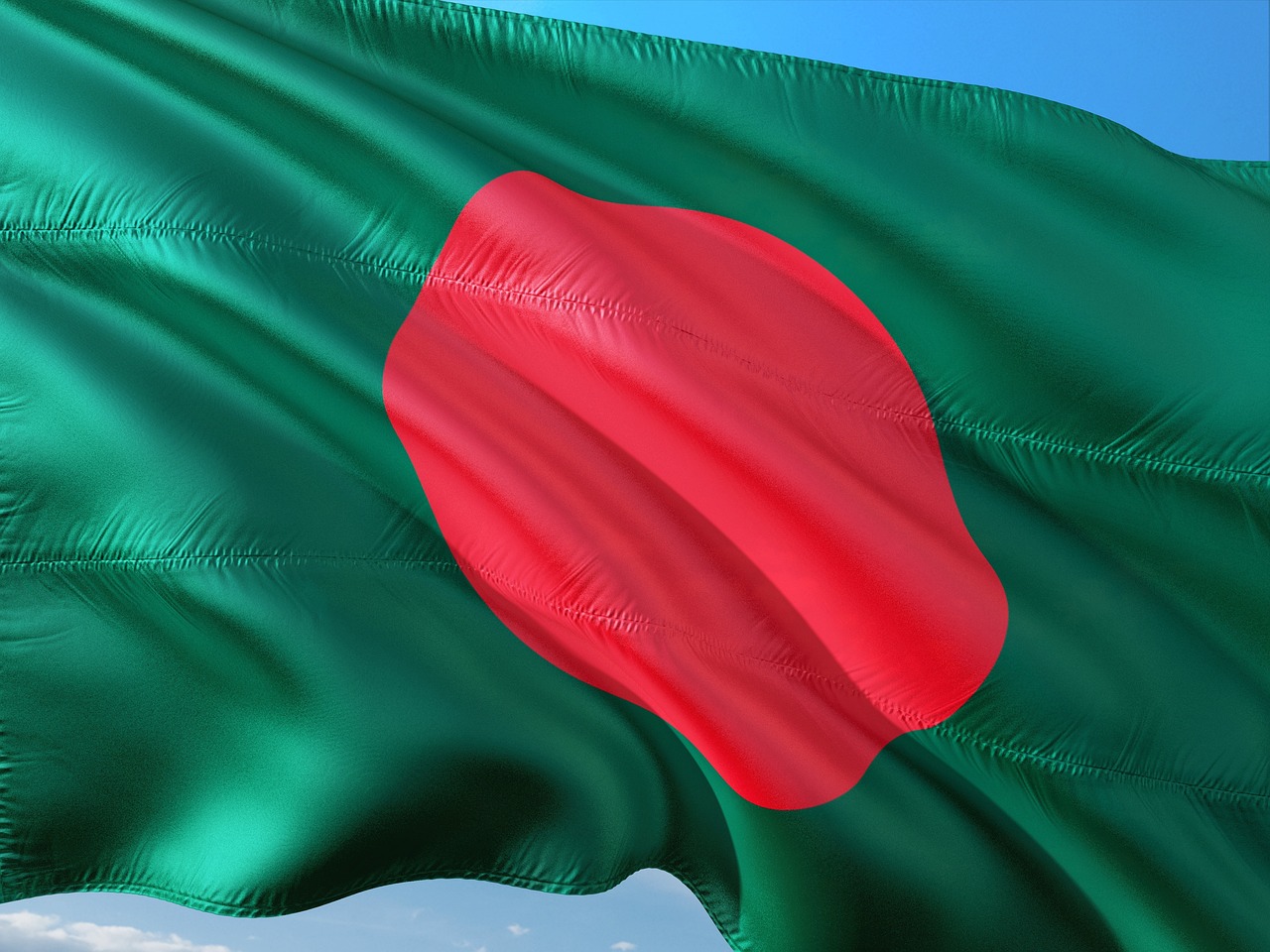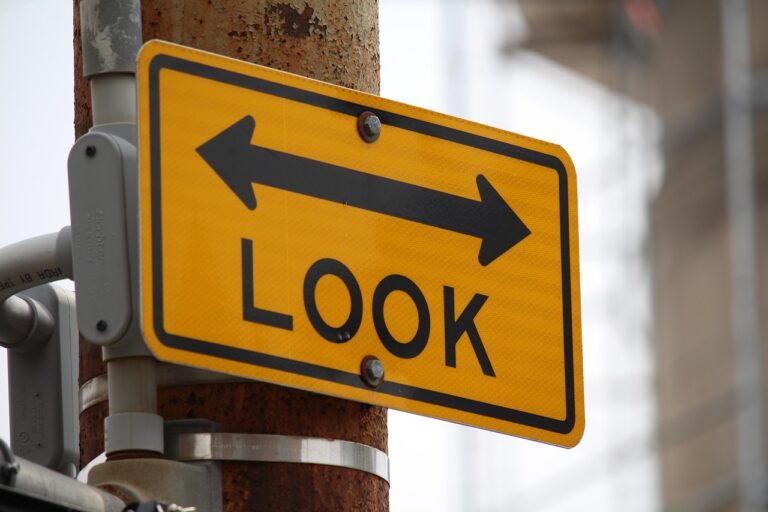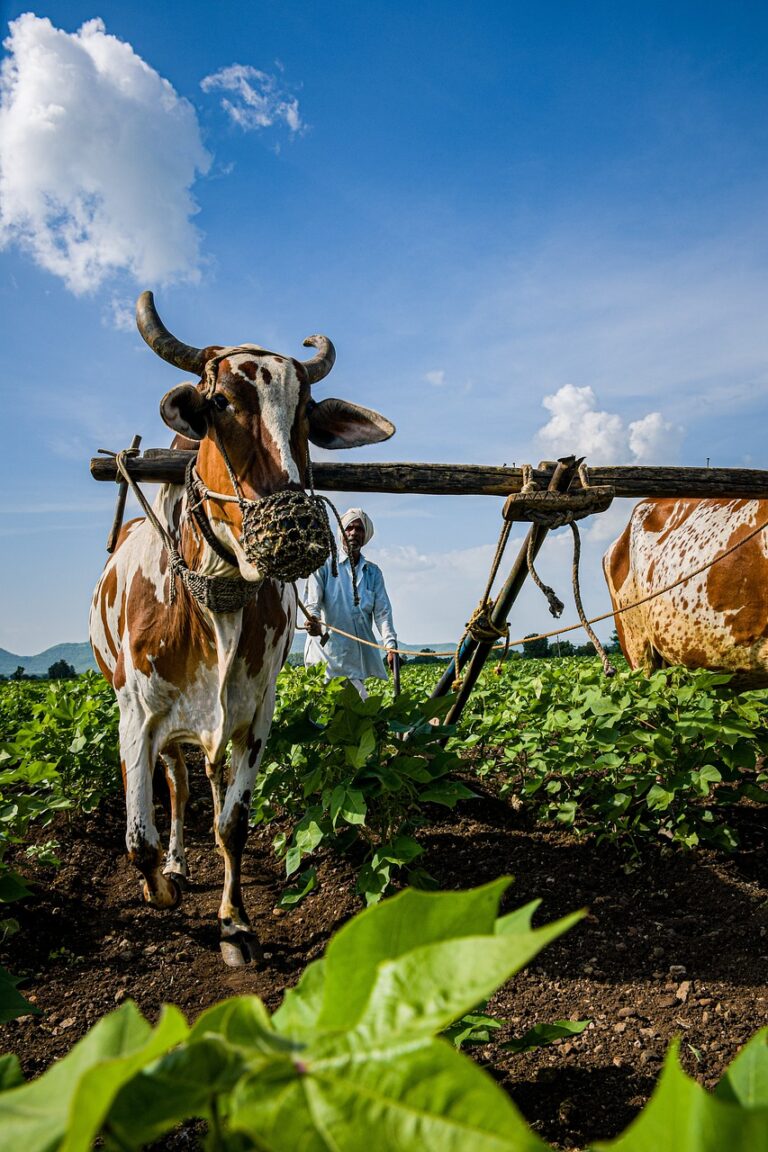
Dhaka/Washington: Persecuting religious minorities and senior journalists seems to be the new norm in Bangladesh. Bangladesh’s interim caretaker government under Nobel laureate Professor Mohammed Yunus has revoked the press accreditation of 20 journalists. Besides, recently it has also filed sedition charges against 19 Hindu leaders, including ISKCON leader Chinmoy Prabhu.
With regard to the charges against Prabhu and other Hindu leaders, the United States, which the ousted Bangladeshi prime minister Sheikh Hasina accused of playing a big hand in her deposition, said it was aware of the charges and encouraged “a fair and transparent legal process for all individuals”.
However, religious discrimination and the persecution of Hindus under the regime of the present interim government continue in Bangladesh. Late last month, some reports suggested 252 police sub-inspectors in Bangladesh were dismissed from final recruitment, allegedly excluding all Hindu officers.
The journalists whose press accreditation has been revoked by the information department of Bangladesh include very senior scribes including Shyamal Dutt, who is editor of a major Bengali-language daily newspaper, published from Dhaka, Bhorer Kagoj, and former general secretary of the Jatiya Press Club, the national press club of Bangladesh. The other journalists whose press accreditations have been revoked include Iqbal Sobhan Chowdhury, Shaban Mahmud, Mozzamel Haque Babu, and Shakil Ahmed.
The action is largely seen by the media groups both in Bangladesh and abroad as a move to undermine press freedom and the rights of journalists to operate without government freedom. What is also interesting is that the interim government appointed a journalist covering the US State Department in Washington as an Ambassador recently.
In Washington, the United States State Department, when drawn to the present situation in Bangladesh, refused to be drawn to the charges of muzzling the news media and all that its spokesperson Matthew Miller said today (IST) that “We support the free press in Bangladesh, as we do around the world”.
The communal and political situations in Bangladesh remain tense. On November 3, 2024, the central office of the Jatiya Party of Bangladesh, was vandalized and set on fire by the anti-discrimination student organization supported by the present interim government.
The Jatiya Party is one of the largest political parties in the country and since January 3, 2019, it had been a part of the recently ousted Bangladesh Awami League-led Grand Alliance after having been in opposition for the previous parliamentary term. Following the situation, the government imposed Section 144, banning the Jatiya Party protest gathering there.
Earlier, there were reports that the Bangladesh police were using the Anti-Terrorism Act to arrest individuals associated with the student league, Chhatra League, for participating in demonstrations. The interim government had recently banned these organizations.
“We believe that the people of Bangladesh should be able to exercise their fundamental freedoms, including the freedom of expression, and the freedom of assembly. We believe that is the case no matter who the ruling party is in Bangladesh, and we have made that clear a number of times from this podium as well in our bilateral engagements,” Miller said.
As it is, the Awami League supremo and former Bangladeshi prime Minister Sheikh Hasina had accused the United States of the ouster of her government, replacing the Awami League government with a caretaker government under Professor Yunus, who is considered close to the United States.
All that Miller could say today was: “So we are monitoring reports of protests in Bangladesh. We support freedom of belief and freedom of expression, peaceful assembly, and association as essential elements of any democracy and the welfare of all persons in Bangladesh, and as I say, around the world.”
– global bihari bureau





